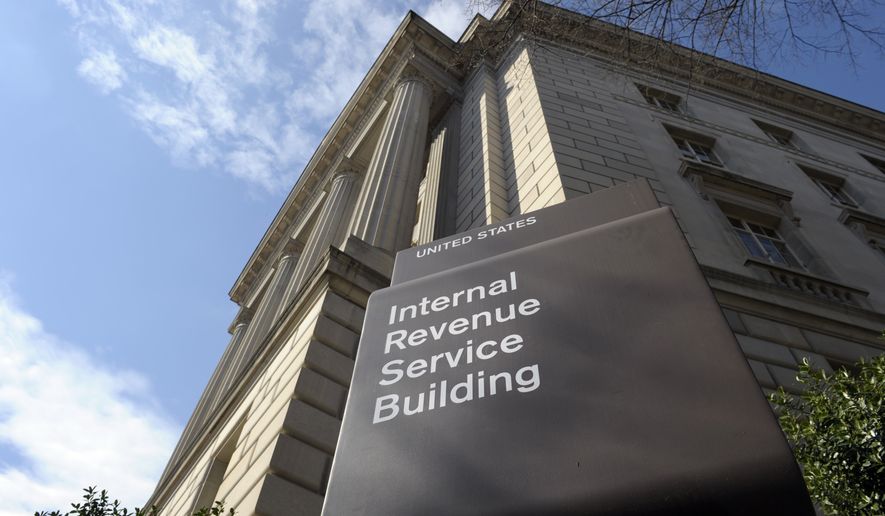Tens of thousands of nonprofit organizations that get breaks on their income taxes are still cheating the Internal Revenue Service out of payroll taxes totaling nearly $875 million, a watchdog report said Wednesday.
The Treasury inspector general for tax administration said more than 64,000 groups have unpaid payroll taxes, including 1,200 that are more than $100,000 in arrears, and nine that have debts going back more than a decade.
“Tax-exempt organizations have a responsibility to remit to the IRS taxes that have been withheld from employees as well as other applicable Federal taxes,” said Inspector General J. Russell George. “Failure to remit these taxes is a very serious matter.”
In addition to getting breaks on income taxes, some of the groups are receiving federal grants.
The inspector general identified what it believed to be 25 of the worst offenders, all charities, that it said received nearly $150 million over three years from the government through Medicare, Medicaid and grants, but still have outstanding tax debts of more than $25 million.
In its official reply, the IRS said investigators used too small a sample to be able to conclude such rampant tax problems, saying the report “paints an incomplete picture.”
“We take tax delinquency issues seriously, and the IRS takes steps to help ensure that everyone pays their employment taxes,” the statement said. “The IRS had opened collection cases on all 25 tax-exempt organizations selected by TIGTA for review with 17 of these cases fully paid and already closed, and our work continues with the final eight remaining groups.”
Ryan Ellis, tax policy director at Americans for Tax Reform, said the worst offenders were nonprofits that receive government funding.
“That’s the real story here — groups are set up to take money from the government, then they cannot even be bothered to remit payroll taxes for their government-funded employees,” Mr. Ellis said.
The inspector general said some tax-exempt organizations “were involved in potentially criminal or abusive activity related to the federal tax system.”
Those included diverting money to “pay top officials large salaries ranging from hundreds of thousands of dollars to more than $1 million while the officials accumulated substantial assets such as million-dollar homes and luxury vehicles.”
Other tax-exempt groups were plagued by “criminal activities committed by key officials and employees, including attempted bribery of an IRS official and illegal gambling,” investigators said.
The names of the offending organizations or people were not disclosed because the law protects the privacy of taxpayers’ information, be they individuals or groups.
The IRS said the law doesn’t allow it to revoke an organization’s tax-exempt status because of payroll tax debt.
• Phillip Swarts can be reached at pswarts@washingtontimes.com.




Please read our comment policy before commenting.